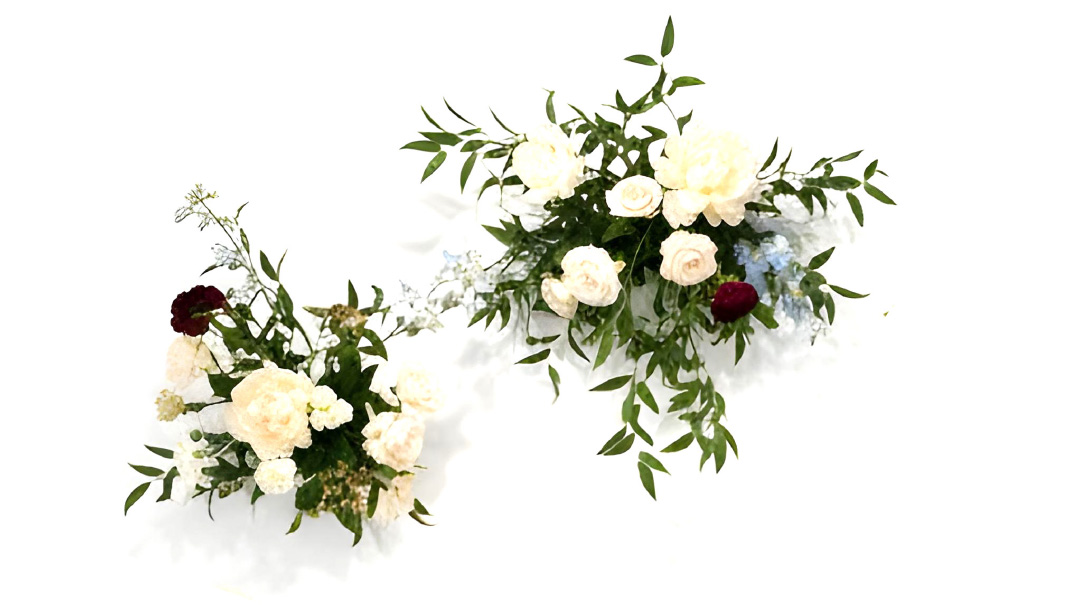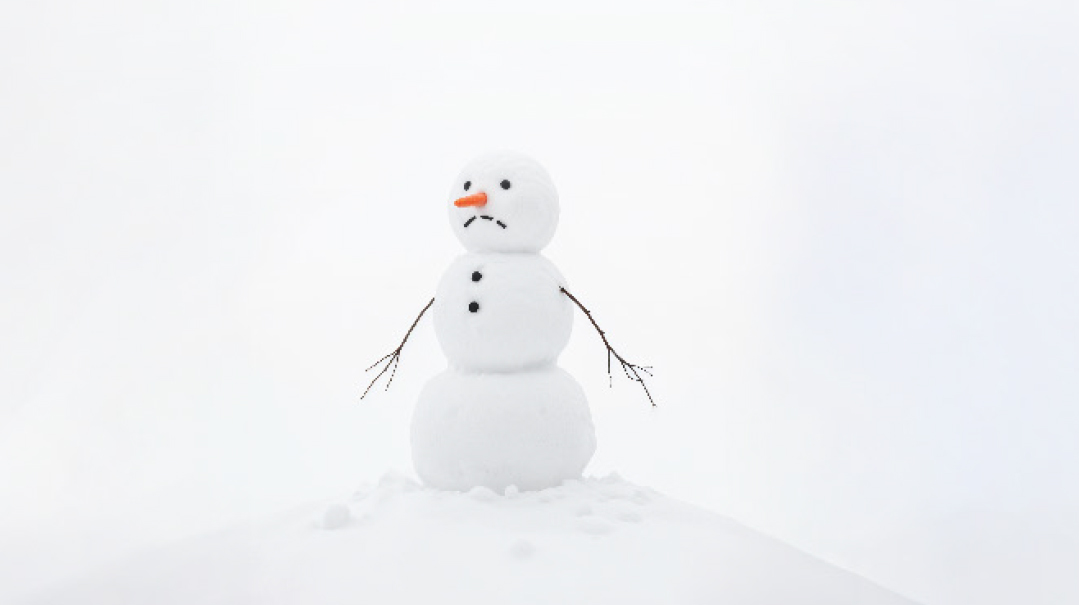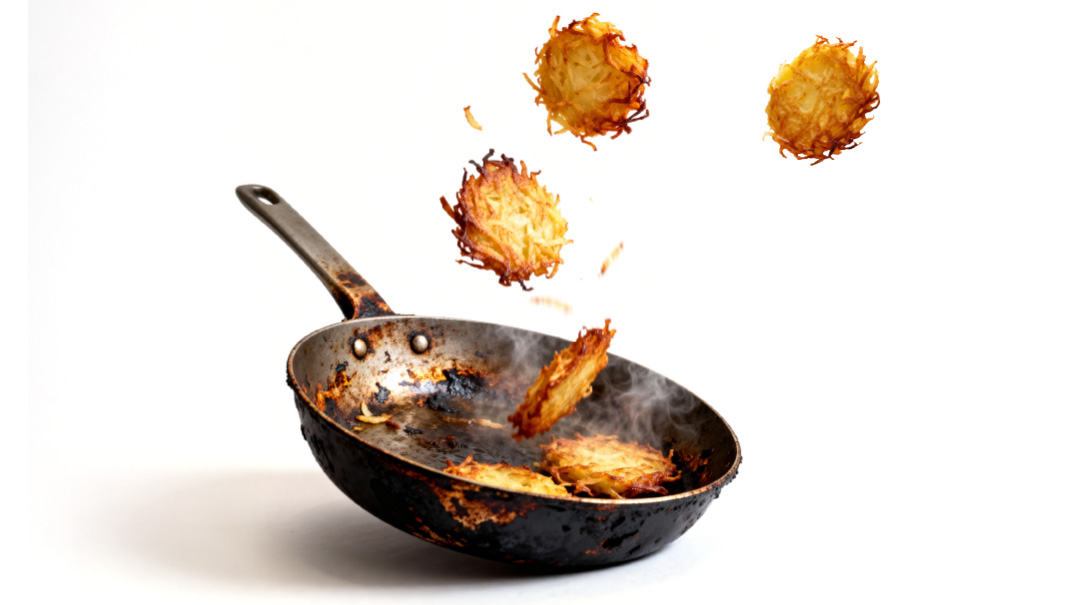The Gifts She Left
| September 6, 2022If you tell a child something often enough, she’ll believe you

“You’re a lefty,” my grandmother would tell eight-year-old me. Proudly, triumphantly, like it was the best thing that could have ever happened to me.
“Like my mother, aleha hashalom. Ah, she was a clever woman,” Oma would add, in her impeccable English, with its heavy German accent. “A brrillyant voman.”
To hear her tell it was to have my heart swell anew in every telling. What an educated woman Oma’s mother was, what a memory! She could quote pages and pages of Hirsch by heart!
Oma had so much influence on my childhood, but I only discovered it later. As I turned from teen to wife and moved away, the opportunities I’d wasted sat heavily on me.
Now I realize how many of the stories she shared, formed the person I am today.
Hearing in passing about a story I’d written for a composition assignment at school, Oma once again referenced the great-grandmother who had passed away decades before I was born.
“You’re a lefty, just like my mother. So intelligent. What a gifted writer she was.” And Oma patted my hand and beamed. “No, you didn’t steal this talent, girl. Nicht gestohlen.”
Oops! We could not locate your form.







